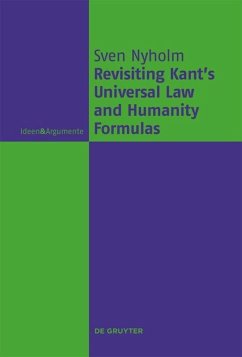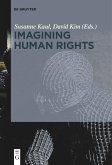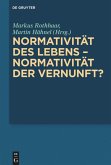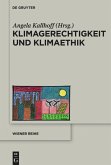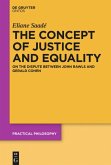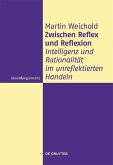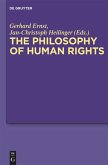This book offers new readings of Kant's "universal law" and "humanity" formulations of the categorical imperative. It shows how, on these readings, the formulas do indeed turn out being alternative statements of the same basic moral law, and in the process responds to many of the standard objections raised against Kant's theory. Its first chapter briefly explores the ways in which Kant draws on his philosophical predecessors such as Plato (and especially Plato's Republic) and Jean-Jacque Rousseau. The second chapter offers a new reading of the relation between the universal law and humanity formulas by relating both of these to a third formula of Kant's, viz. the "law of nature" formula, and also to Kant's ideas about laws in general and human nature in particular. The third chapter considers and rejects some influential recent attempts to understand Kant's argument for the humanity formula, and offers an alternative reconstruction instead. Chapter four considers what it is to flourish as a human being in line with Kant's basic formulas of morality, and argues that the standard readings of the humanity formula cannot properly account for its relation to Kant's views about the highest human good.
Bitte wählen Sie Ihr Anliegen aus.
Rechnungen
Retourenschein anfordern
Bestellstatus
Storno

